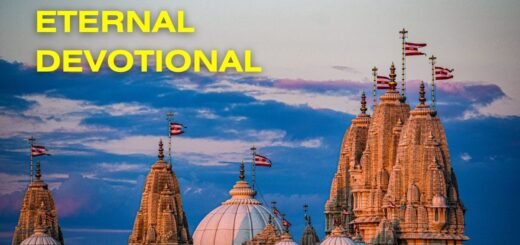Kumarakottam Murugan Temple Kanchipuram Timings Location
Know More about Kumarakottam Murugan Temple Kanchipuram Timings Location, when to visit, how to visit, the importance of Kumarakottam Murugan Temple Kanchipuram
The Sri Kumra Kottam temple is in Kanchipuram, one of India’s seven “moksha-puris,” or sacred cities where salvation can be obtained. It is only half a kilometer northwest of the bus stop, on west Raja Street, where the Sankara Matham is on the north end and the Kachapeswarar Temple is on the south end.
One of the most significant Hindu temples and popular tourist attractions in Kanchipuram is Kumarakottam Temple. The Hindu God of War, Lord Murugan, is the subject of the temple. One of the most significant temples in the city, the temple was constructed in 1915.
Lord Murugan, the temple’s primary deity, is pictured holding a water container called a kamandalu and Rudraksha prayer beads, making him one of the most well-liked local deities.
Kumarakottam Murugan Temple Kanchipuram Timings Location
In 1915, this ancient temple was rebuilt. The Murugan temple is situated between his parents’ temples, the Shiva-dedicated Ekambareswarar Temple, and the Kamakshi Amman Temple, which is dedicated to Kamakshi, a form of Parvati. Skanda Shashti, which falls on the sixth day of the bright half of the lunar month and honors Murugan and is also known as Skanda, is a well-known festival held here (Kanda in Tamil).
During the month of Kartigai (November-December), between the darker and brighter halves of the Moon, celebrations are held in the temple, and many lamps are lit. According to mythology, Lord Muruga imprisoned Lord Brahma due to His disregard for the Pranava Mantra Om and then acted in Brahma’s place (Creator).
Lord Muruga appeared as a Brahma Shasta (creator) with Rudraksha beads and Kamandalam. Lord Muruga later repented for disobeying his father Lord Siva’s command to release Brahma and performed penance here by installing Siva Linga. Devasenapatisar refers to this Siva Linga as the God worshipped by Deva’s commander-in-chief.
This is where the great scholar and poet Kachiappa Shivacharya wrote Kandapuranam, a hymn to Lord Muruga.
Kumarakottam Murugan Temple Kanchipuram Timings History Entry cost Location
Skanda Shashti, which falls on the sixth day of the bright half of the solar calendar and honors Murugan and is also known as Skanda, is a well-known festival held here (Kanda in Tamil). Celebrations are held in the temple during the month of Kartigai (November-December), between the darker and brighter halves of the Moon, when a large number of lamps are lit.
The temple is open for worship six times a day. Every lunar month, on the occasion of the brightest star of Krittika (according to the Hindu calendar), a celebration takes place in the temple, with a large number of devotees offering prayers to the deity.
The Brahma festival, known as Brahmotsavam, when god processions are held in each temple in Kanchipuram, is celebrated. The Kumarakottam Subramanya Temple Poojas Skanda Shasti festival, which takes place the day after Diwali, will be lavishly celebrated.
Best time to visit
- The best time to visit the temple is during November as the annual festival of Kandha Shashti is celebrated.
- Another significant Vaisaka festival will be held in the months of April and May. (Depends on Hindu Calendar)
- Tuesday and Krittika are auspicious days for Lord Muruga.
- Kumarakottam Subramanya Temple Hours: 5:00 a.m. – 12:00 p.m.
- Evening hours are 4:30 p.m. to 8:30 p.m.
- Pooja and Abhishekam are sisters. Timings
- 5:30 a.m., 8:30 a.m., and 10:30 a.m.
- Evenings: 5:30 p.m.
How To Kumarakottam Subramanya Temple
- Tirupati is 108 kilometers away from the temple. Tirupati Central Bus Station has direct buses to Kanchi.
- The temple is one kilometer from Kanchipuram’s bus station and one kilometer from the railway station.
This is the complete information about Kumarakottam Murugan Temple Kanchipuram Timings Location
Click here to find out Kumarakottam Murugan Temple Kanchipuram Timings Location
Click here to know more about Ranganatha Swamy Temple Bolikonda Thondapadu Location Cost

